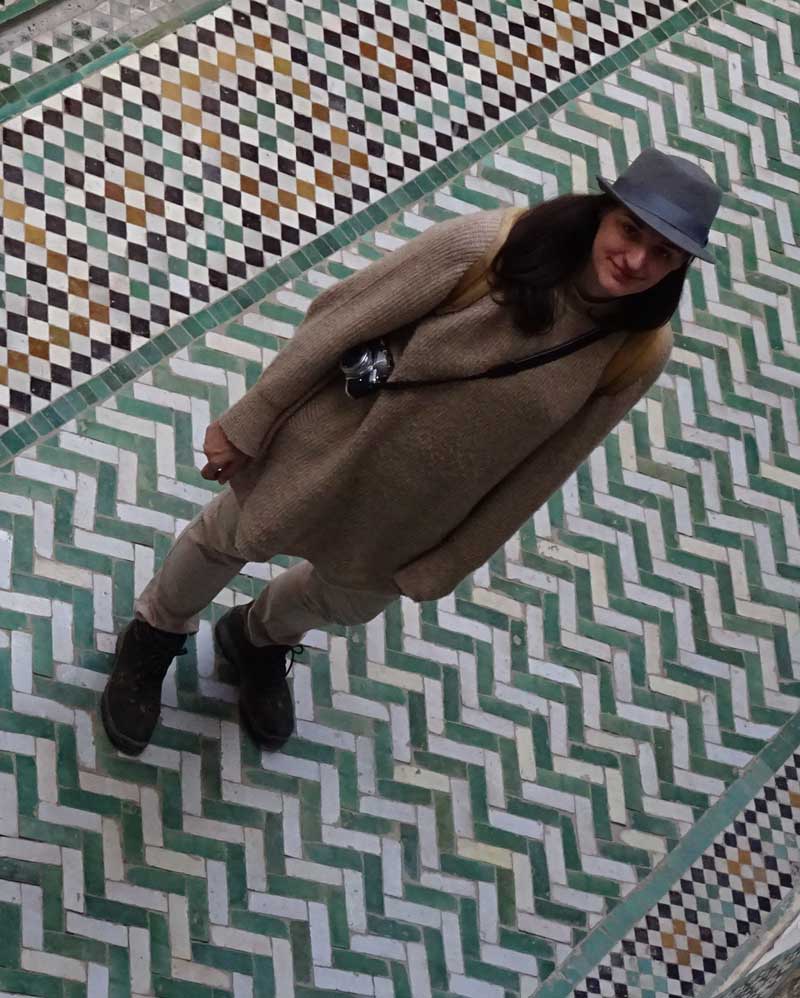相関地域研究部門・特定研究員
MA in Archaeology (University of Pécs, Hungary)
Specialty: Archaeology, Digital heritage, Geoinformatics, Database development and management
I received a master’s degree in archaeology from the University of Pécs (Hungary). During my studies, I specialized in the archaeology of the prehistoric and Roman periods, with a geographic focus on the Carpathian basin.
After obtaining my degree, I took up positions as an archaeologist, initially at the Balaton Museum and then at the Zala Museum (both in Hungary). Working in those museum contexts, I supervised and documented rescue excavations and participated in the development and execution of different outreach and museum education programs.
Later, to pursue another interest of mine, I studied computer programming. This has allowed me to develop and apply my skills in both IT and archeology as I shifted my career trajectory toward spatial data analysis, GIS, and database development. I moved to the UK, where I gained experience in collecting, managing, and processing heritage related spatial data while working on large scale, multi-period field projects across England.
In 2019, I joined the Maldives Heritage Survey (MHS) under the direction of Professor Michael Feener at the Oxford Centre for Islamic Studies. When the project moved, in its extended form as the Maritime Asia Heritage Survey (MAHS), in 2021, I followed its development to Kyoto University, where I was appointed as a program-specific researcher. Here at CSEAS, I oversee data and database management for the project.
My role in the MAHS includes not only designing and developing our data structures and managing our open-access project database, but also providing the technical infrastructure to facilitate the dataflow between our project countries and our Digital Heritage Documentation Lab in Kyoto. This can be particularly challenging for our project considering the large amount of data generated by our field teams, who are using advanced digital technologies often in very remote areas with unstable internet access.
I hope that our work can contribute to the preservation of the endangered heritage of maritime Asia and that our multimedia dataset can be a useful tool for heritage professionals, local communities, and scholars alike.

